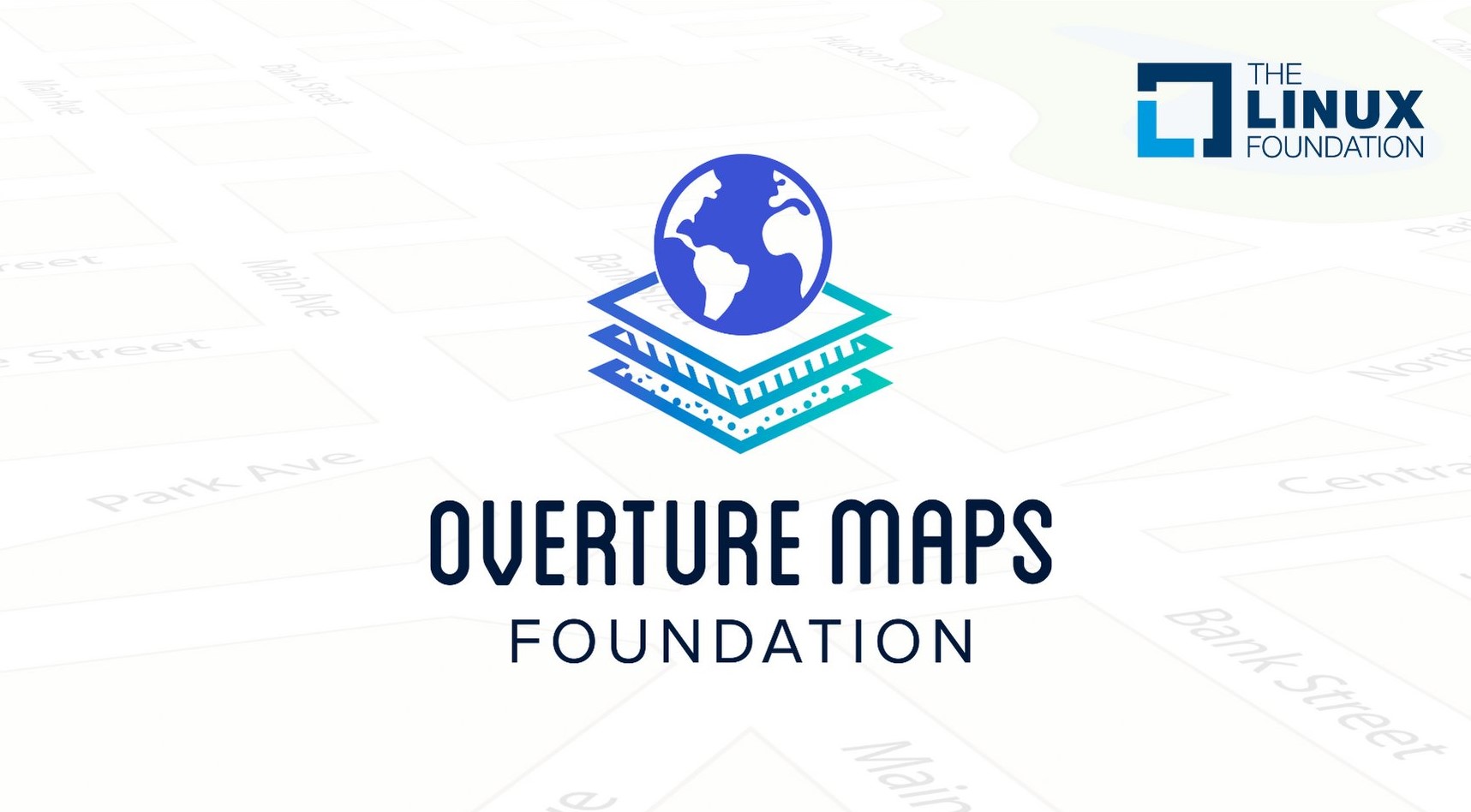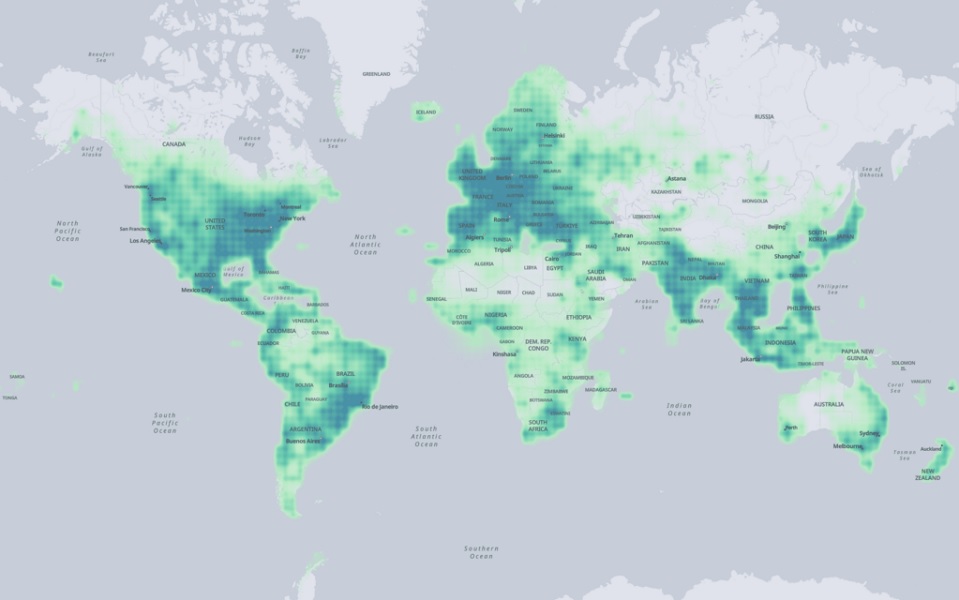
What you need to know
- The Overture Maps Foundation's first dataset arrives consisting of four layers: Places, Transportation, Buildings, and Administration.
- The OMF's executive director states its Places layer has the potential to let users map businesses, big or small, and even pop-up markets.
- With public feedback, the OMF states upcoming releases will continue to rely on new open data sources before mapping it into its schema.
The Overture Maps Foundation is sticking to its promise of rolling out its first map datasets in 2023.
Detailed in a press release, Overture states it reached a milestone with the release of Overture 2023-07-26-alpha.0. This dataset consists of four "unique data layers" as the foundation looks to drive home further the next generation of open map data. The first dataset is available today to download.
Among the four, Overture's first layer involves "Places of Interest." This layer contains 60 million POI records that weren't previously released as open map data. The foundation states it will continue to utilize available open-sourced data to improve and continue to keep this layer accurate.
Moreover, Meta and Microsoft provided much of the worldwide place data required to compile this initial layer.
Update: We've released our initial open map datasets. The milestone release includes Places of Interest, Buildings, Transportation Network, and Administrative Boundaries layers, establishing a baseline for our future work on open map data. Learn more:https://t.co/4XQGDD8OMz pic.twitter.com/LpKePKqkWgJuly 26, 2023
The Transportation layer is said to represent "a worldwide road network derived from data in the OpenStreetMap project." This project will help the OMF update its Transportation layer so changing aspects of the road, like speed limits and real-time traffic alerts, remain dependable for users.
The Building layer is pretty standard among map software while its fourth layer, Administrative Boundaries, focuses on translating regional information as the OMF intends its map to be used internationally.
The OMF has deeper information regarding its many map dataset layers in its Overture Map data schema.

Marc Prioleau, executive director of Overture Maps Foundation spoke on the work done through the Places layer stating it "represents a major, previously unavailable open dataset, with the potential to map everything from new businesses big and small to pop-up street markets located anywhere in the world."
The Overture Maps Foundation started in December 2022 as the Linux Foundation partnered with heavy hitters such as Amazon (AWS), Meta, Microsoft, and TomTom to tackle a space dominated by Google Maps. The goal of the foundation is to create reliable, easy-to-use open map data for the next generation of map products.
The OMF wants everyone looking to create their own maps with geolocation can do so without worrying about bottomless costs. This is an area it's trying to hold over the likes of Google.
Meta joined believing this endeavor would aid its Metaverse ideas with AR and VR technology while Amazon, though apprehensive, remains committed to ensuring the map data is "accurate and comprehensive."
The OMF states it has released this first dataset publically to assess feedback from public users. Moving forward, subsequent releases will contain data from new open data sources and that will turn into new layers for its schema.







